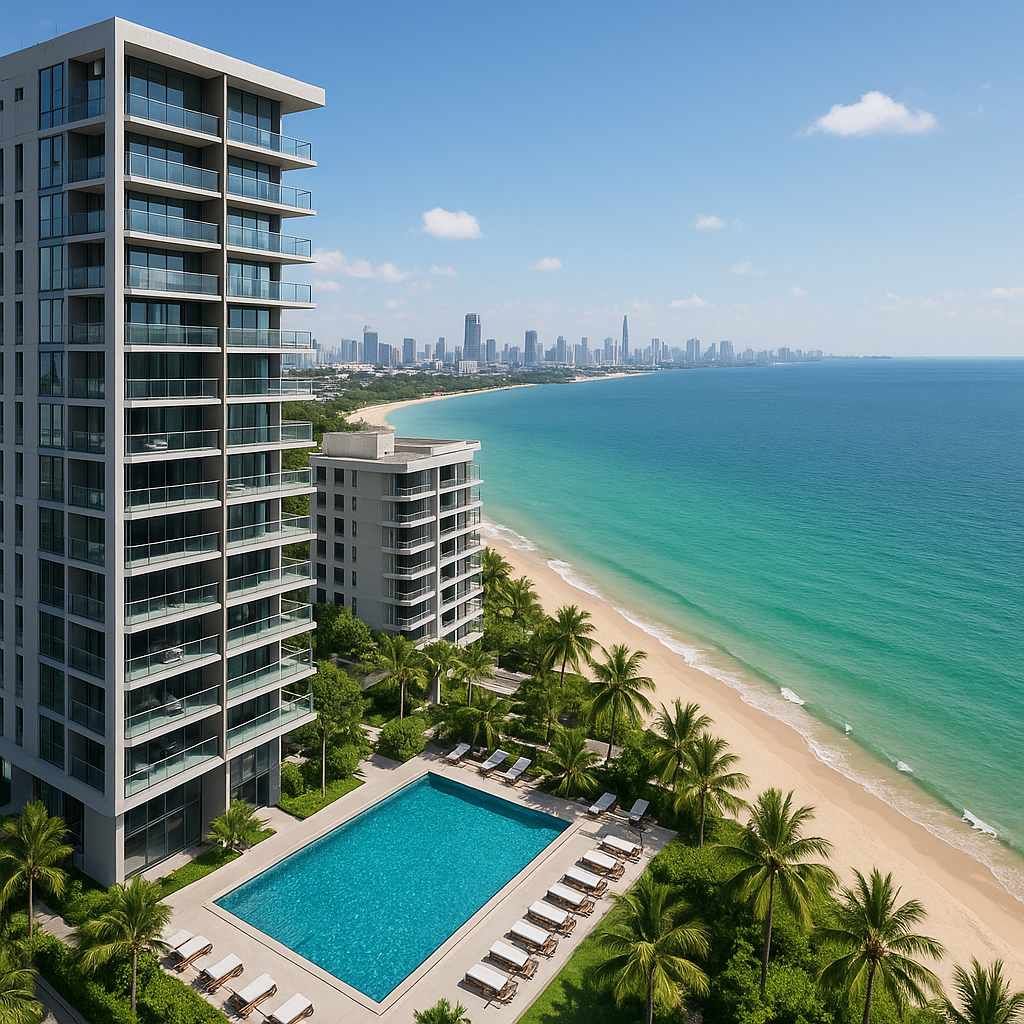Understanding 30-Year Leasehold Agreements in Thailand:Rights, Risks, and Renewals for Foreigners
1. Introduction: The Allure and The Reality of Leasing in Thailand Thailand’s stunning beaches, vibrant culture, and favorable climate have long attracted foreign nationals seeking a slice of paradise. Whether you’re an expat building a new life, a retiree seeking year-round sunshine, or an investor eyeing Thailand’s growing property market, you’ve likely discovered one fundamental legal reality: foreigners cannot directly own land in Thailand. This restriction leads many to consider the primary alternative—the 30-year lease Thailand foreigner option that provides long-term property rights within the Kingdom’s legal framework. The 30-year leasehold agreement stands as the cornerstone legal instrument for foreigners seeking stable, long-term property arrangements in Thailand. While this mechanism offers genuine security and substantial rights, it comes with complexities that demand careful navigation. This comprehensive guide provides […]






